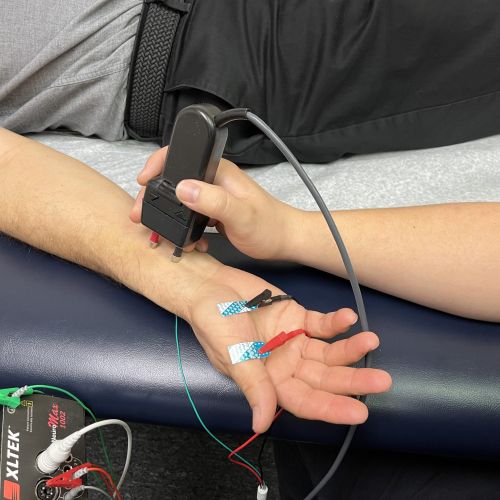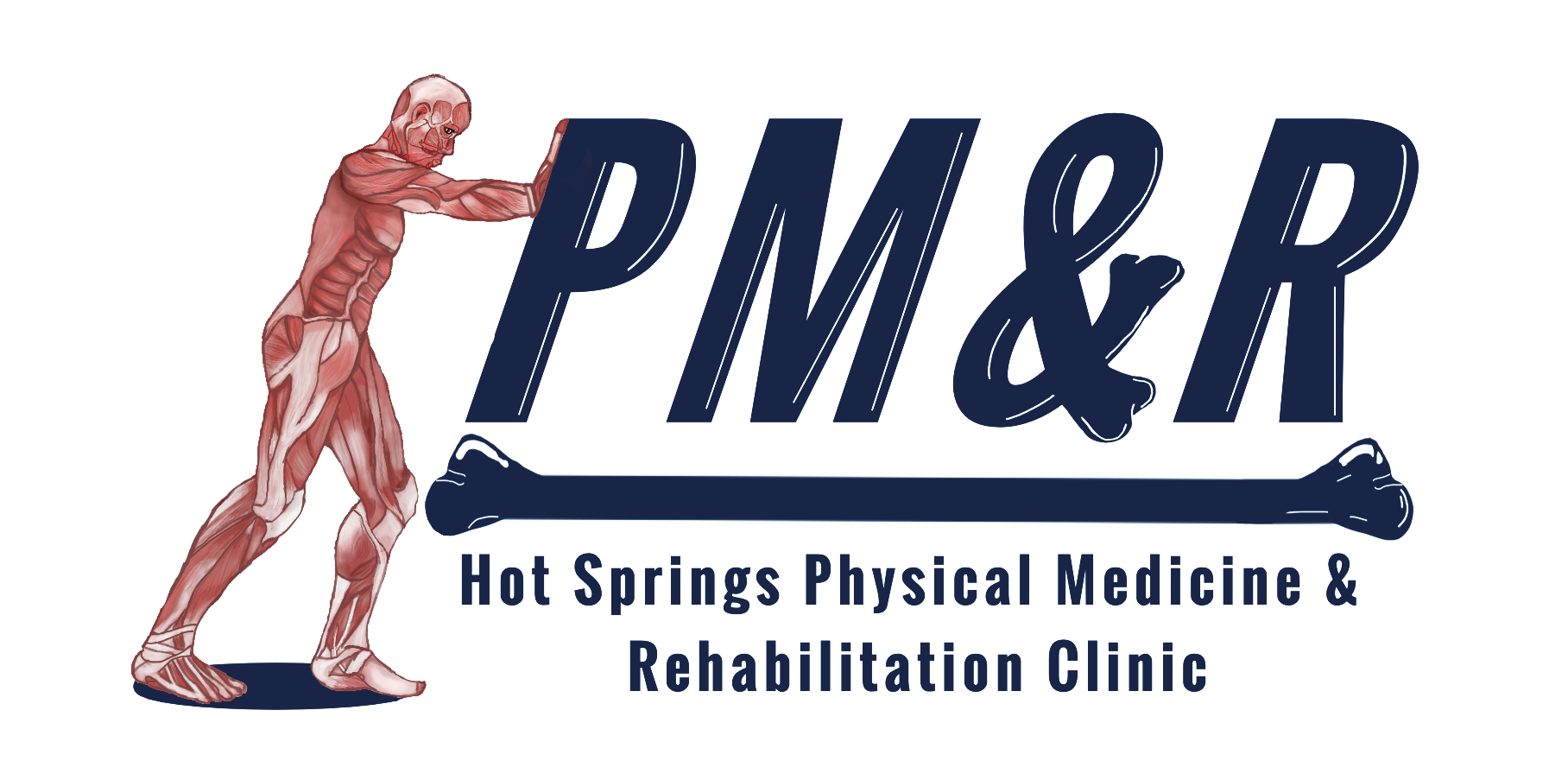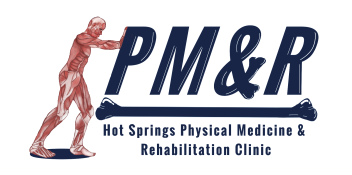Electromyography (EMG) and Nerve Conduction Study
Dr. Ross Hardy and Dr. Drake Hardy are physical medicine and rehabilitation specialists trained in electrodiagnostic procedures. They have a combined experience of 25+ years and have performed over 20,000 nerve conduction and electromyographic studies.
Electromyography (EMG) and a Nerve Conduction Study (NCS) are performed to evaluate nerves and muscles in your arms or legs. Common symptoms which are evaluated with electrodiagnostic testing include weakness, numbness, tingling, and pain in the arms or legs.
Common problems which can be identified with an electrodiagnostic medical consultation include:
- carpal tunnel syndrome
- cubital tunnel syndrome
- foot drop
- peripheral neuropathy
- cervical/lumbar radiculopathy
- tarsal tunnel syndrome
- myopathy
- other neuromuscular disorders

Please call (501) 525-4785 if you have any questions concerning the test in general.
Nerve Conduction Study (NCS)
A nerve conduction study (NCS) and electromyography (EMG) consist of two parts: a shock test and a pinprick test. The nerve conduction study involves small electrical shocks used to activate and evaluate peripheral nerve function. Most patients describe the small shock as being mildly uncomfortable and similar to mildly tapping their “funny bone.”
Electromyography (EMG)
The electromyographic part of the examination uses a very narrow gauge pin electrode, like an acupuncture pin, to investigate a few muscles.
The test involves several small pinpricks, usually 5 in each limb, which only lasts a few seconds. There are no shocks during this part of the test. Most patients describe this test as being mildly uncomfortable. While some patients may experience mild discomfort, unique techniques are employed to minimize discomfort.
Getting Ready for Your Test
Please read and follow the instructions listed below. Your cooperation in following these instructions is greatly appreciated.
- There are no restrictions regarding your eating or activity before or after the testing.
- You may take your usual medications.
- Please take off your jewelry and watches prior to the test.
- Please take a BATH or SHOWER prior to the procedure. Use soap only with no lotions or moisturizers; deodorant is allowed.
- If you are having the lower extremities tested, please WASH YOUR FEET and wear clean socks and shoes. If you have dirty feet, the doctor will not perform your test.
- Please wear or bring loose clothing such as shorts, a T-shirt, a tank top, or clothing that allows easier access to the upper thighs and upper shoulders. If we are unable to access the sites that are needed for the test, a gown or pair of shorts will be provided.
- You do not need a driver for the test.
- Be sure you have no skin cream/lotion, oil, or Vaseline anywhere on your body on the day of the testing! If you use Vaseline or very thick lotion, please do not apply it to your skin for a few days prior to testing. If you have lotion, oil, or Vaseline on your skin, your test will need to be rescheduled.
- Don’t wear perfume or cologne.
Late Cancellations / Missed Appointments / No-Show Policy
If it is necessary to cancel or change your appointment, please call at least 24 hours in advance. Failure to cancel your test appointment with at least 24 hours notice or failure to show up to your test appointment on time will result in a $100 fee charged to you.

